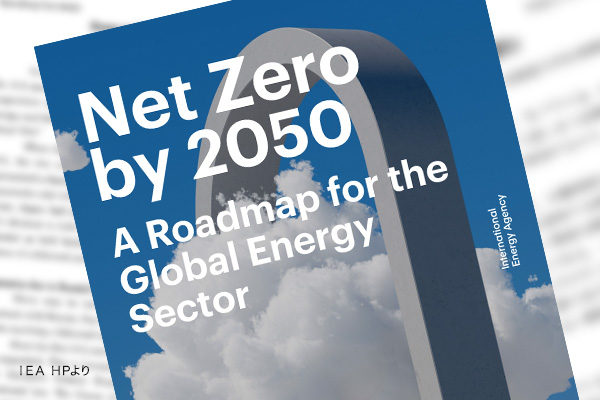The International Energy Agency in a report released in May warned that the promotion of renewable energy to counter global warming would massively boost demand for mineral resources required for wind power generation, electric vehicles and batteries, leading to environmental destruction and other problems. Based on the IEA report, The Wall Street Journal on May 11 criticized U.S. President Joe Biden’s multitrillion-dollar energy transition policy as “not so clean.”
China’s dominant market shares
Following is a summary of the IEA report titled “The Role of Critical Minerals in Clean Energy Transitions:”
- Neodymium and other rare earths are indispensable for strong permanent magnets required for motors of wind power generators and electric vehicles. China accounts for 90% of global rare earth supply.
- Lithium-ion and other batteries are required for electric vehicles. As solar photovoltaics and wind power generation wildly fluctuates in line with weather changes, batteries are required to store electricity for stable supply. Lithium, cobalt and nickel are important and indispensable for batteries. While global lithium demand is estimated to shoot up 42-fold, China captures as much as 80% of global production. While cobalt demand is projected to increase 21-fold, the Democratic Republic of the Congo under Chinese influence accounts for 70% of cobalt production and China for 70% of cobalt refining. Indonesia in which China has invested boasts of the world’s largest nickel production share at around 35%. China holds the largest nickel refining share at 35%. China’s presence in key mineral resources is dominant.
- Environmental pollution accompanying mineral resources mining and refining will increase. Massive water resources are required for refining, despite global water shortages. In the Congo, child labor to help secure massive workforce for cobalt production has become a social issue.
Uyghur forced labor is related to renewable energy
Arguments at the Japan Institute for National Fundamentals regarding the IEA report include (1) it is doubtful if global mineral resources production could be expanded tens of times, (2) renewable energy promotion could lead to serious environmental pollution with the disposal of used renewable energy equipment and (3) not only child labor in the Congo but also Chinese use of Uyghur forced labor for renewable energy equipment should not be tolerated.
In respect to water resources, Chinese investors have been buying land lots around lakes in Japan, indicating China’s potential attempt to bring water out of Japan for refining mineral resources. If the situation remains unchanged, Japan could become an importer of products from China that should capture overwhelming share in the fields of solar panel, wind power generation equipment, batteries, electric vehicles and nuclear power plants. Japan had boasted of the world’s highest technological capabilities for such products.
Japanese automakers dropped out of the list of the world’s top 10 producers of electric vehicles including plug-in hybrids in 2020, while Chinese companies’ production grew rapidly. Stable and cheap electricity supply is required for recovering Japan’s competitiveness. I do not hesitate to repeatedly speak out that it is the most effective for Japan to replace existing nuclear power plants and build new and additional plants to avoid mineral resources constraints and environmental pollution.
Tadashi Narabayashi is a specially appointed professor at the Tokyo Institute of Technology and a director at the Japan Institute for National Fundamentals.


